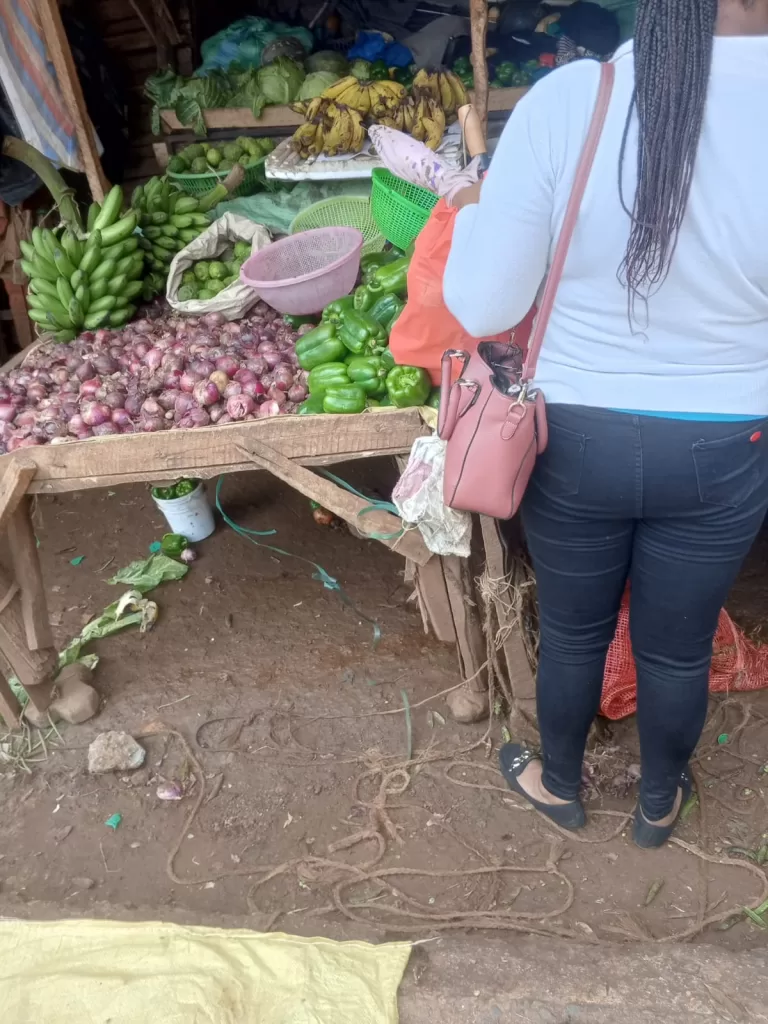
Smallholder farmers are the unsung heroes of global food security, which is pivotal in ensuring access to nutritious food for millions worldwide. Despite their limited resources and traditional farming methods, these farmers contribute significantly to food production, particularly in developing countries. In this article, we will delve into the indispensable role of smallholder farmers in global food security and examine the efforts of Profama to support and empower them.
The Backbone of food production
Smallholder farmers, with their small plots of land and traditional farming methods, form the backbone of global food production. They play a crucial role in ensuring food security and nutrition for millions of people around the world. Despite operating on relatively small farms, smallholder farmers produce a significant portion of the world’s food, particularly in developing countries.
Contributions to food production
Smallholder farmers cultivate various crops, including rice, wheat, maize, millet, fruits, vegetables, and livestock. These farmers are responsible for growing a wide variety of crops to meet the dietary needs of millions of people. Staples like rice and wheat are essential for food security, while fruits, vegetables, and livestock provide crucial nutrients and dietary diversity.
Challenges faced by smallholder farmers
Despite their crucial role in global food production, smallholder farmers face numerous challenges threatening their livelihoods and food security. Access to land, finance, inputs, and technology helps their productivity and profitability. Additionally, smallholder farmers are vulnerable to the impacts of climate change, including extreme weather events, droughts, and floods, which can devastate their crops and livelihoods.
Profamas efforts to support smallholder farmers
Profama is deeply committed to supporting and empowering smallholder farmers to enhance their livelihoods and food security. Recognizing smallholder farmers’ vital role in global food security, Profama provides them with comprehensive support.
Firstly, Profama ensures that smallholder farmers have access to essential resources such as land, seeds, and tools. Additionally, the organization offers training programs to enhance farmers’ skills and knowledge in sustainable farming practices, efficient crop management, and post-harvest handling techniques.
Moreover, Profama facilitates access to finance for smallholder farmers, enabling them to invest in their farms, purchase necessary inputs, and improve their agricultural productivity. By providing financial assistance, Profama helps smallholder farmers overcome economic barriers and achieve sustainable growth.
Furthermore, Profama assists smallholder farmers in accessing markets by establishing market linkages and providing them with market information. This enables farmers to sell their products at fair prices and access broader markets.
Profama’s efforts aim to empower smallholder farmers to adopt sustainable farming practices, increase their productivity and income, and ultimately improve their livelihoods and food security. Through these initiatives, Profama is making significant strides in supporting and uplifting smallholder farmers, contributing to global food security and sustainable development.
Conclusion
In conclusion, smallholder farmers are crucial to global food security, providing essential food and nutrition for millions worldwide. Despite numerous challenges, these farmers are resilient and resourceful, significantly contributing to food production and livelihoods. With the support of organizations like Profama, smallholder farmers can improve their productivity, increase their income, and build a more sustainable and food-secure future for themselves and their communities.

